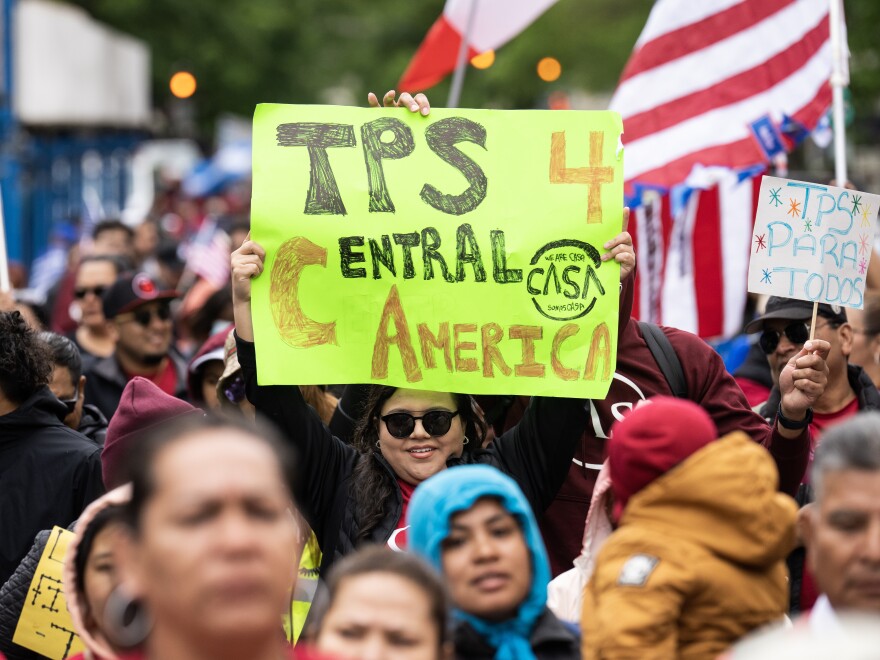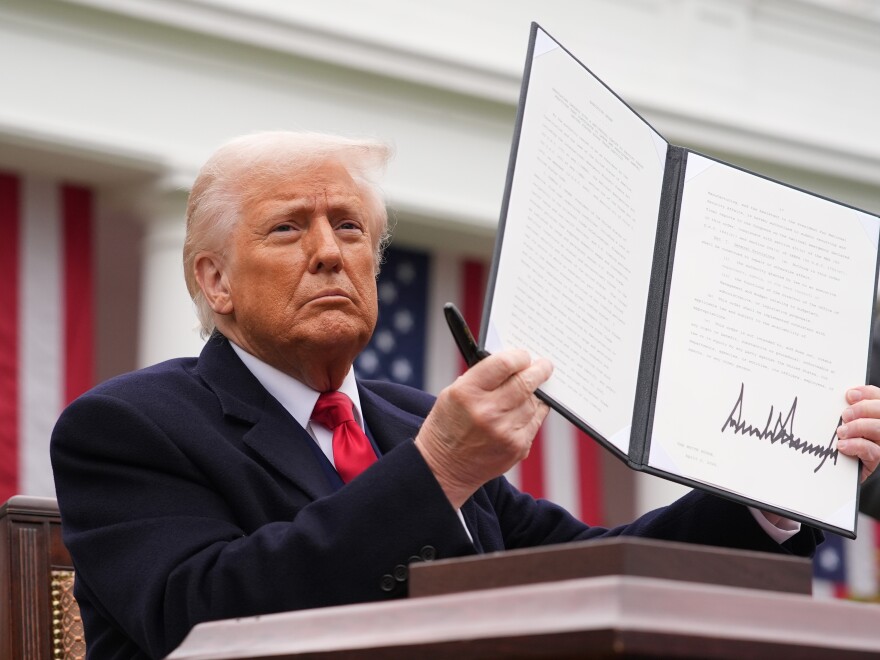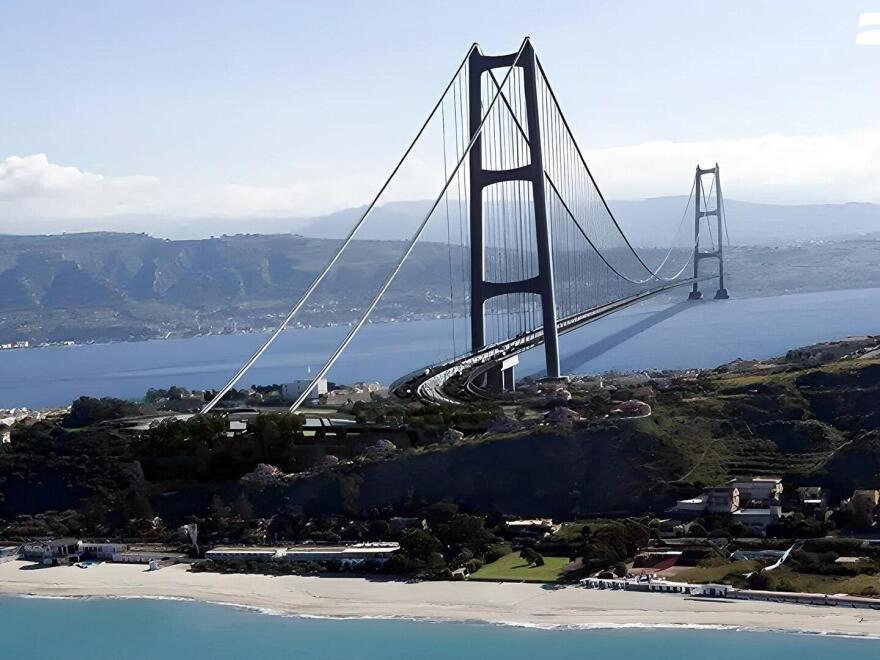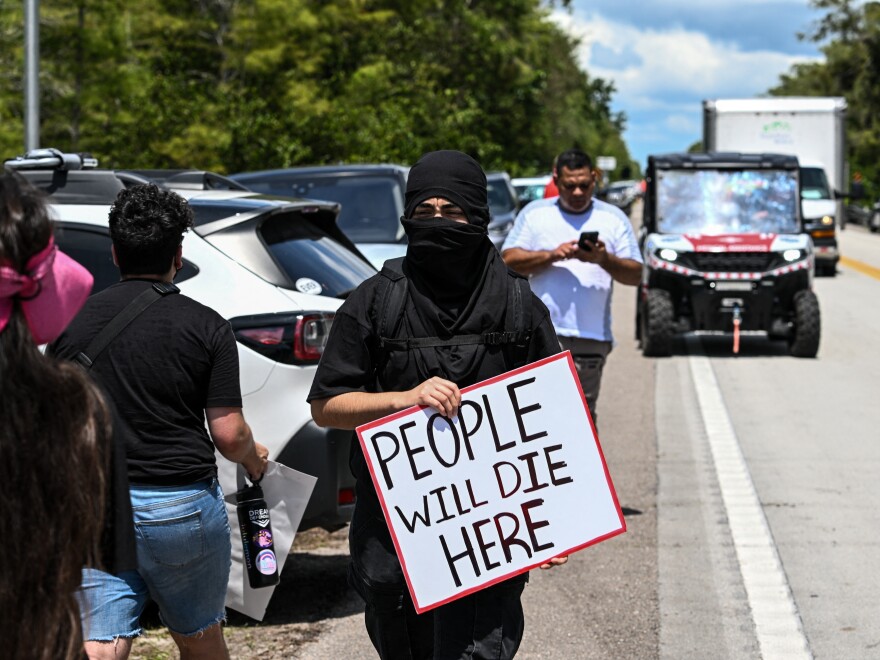Tens of thousands of migrants from Honduras and Nicaragua will no longer have temporary legal protections, according to the Trump administration, which cites better conditions in those nations.
Temporary Protected Status, or TPS, is a government program that grants work permits and deportation protection to individuals from specific countries who have experienced natural disasters or conflict. Its revocation is one of several steps taken by the Trump administration to restrict legal safeguards for specific groups of migrants, such as those with temporary status or asylum seekers.
After Hurricane Mitch, a Category 5 storm that hit Central America in the fall of 1998 and killed over 10,000 people, Honduras and Nicaragua were originally designated as TPS countries in 1999.
During his first term, President Trump removed safeguards for citizens of those two nations. They were later resurrected by the Biden administration. TPS had protected roughly 72,000 people from Honduras and 4,000 persons from Nicaragua.
According to the Department of Homeland Security, Secretary Kristi Noem examined the situation in both nations on Monday and concluded that they had sufficiently recovered from the 1999 disaster to allow TPS applicants to return safely. September is when the protections are expected to expire.
When conditions in a country “temporarily prevent the country’s nationals from returning safely, or in certain circumstances, where the country is unable to handle the return of its nationals adequately,” the Secretary of Homeland Security may grant TPS to immigrants from that nation, according to the agency’s website.
Regarding the termination of Temporary Protected Status for Honduras, Noem stated in a news release that “Temporary Protected Status was designed to be just that temporary.”
The most recent nations to lose their TPS status since Trump’s return to office are Honduras and Nicaragua. Additionally, thousands of TPS holders from Afghanistan, Cameroon, Nepal, Haiti, and Venezuela have had their protections revoked by the administration.
There has been some legal opposition to those attempts. Although the Supreme Court stayed that decision in May, a federal judge in San Francisco in March put a halt to the administration’s intention to remove TPS for Venezuelans. A federal judge in New York last week declared it illegal and stopped the Trump administration’s attempt to terminate TPS for Haitians before it expires in February.
In its announcements, DHS urged citizens of Nicaragua and Honduras to use the Customs and Border Protection program to self-deport.
“Take advantage of a safe, secure way to self-deport which includes a complimentary plane ticket, a $1,000 exit bonus, and potential future opportunities for legal immigration,” the Department of Homeland Security stated in a press statement.
Copyright 2025 NPR






